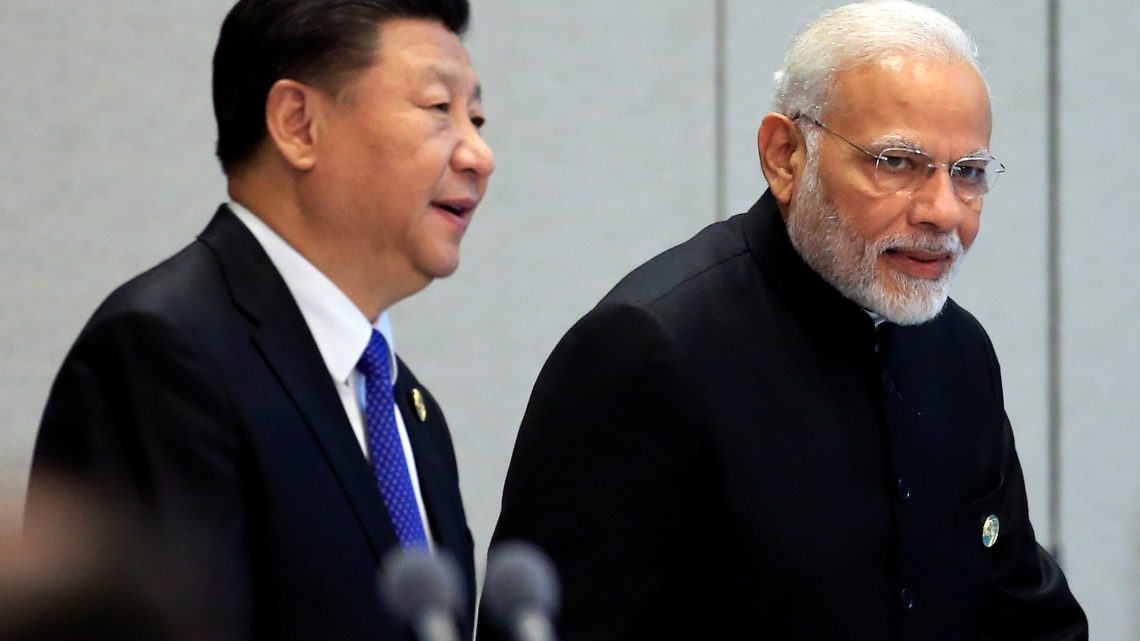
Border Bargains: Modi Under Fire for Making Concessions to China
November 3, 2024 Off By Sharp MediaIn the wake of new diplomatic agreements between India and China, the Bharatiya Janata Party (BJP) is facing increasing scrutiny from the opposition regarding the concessions made concerning strategic patrol points along the Line of Actual Control (LAC). Critics are raising alarms over what they perceive as India’s diminishing access to critical patrolling zones, amid concerns that China is leveraging its position through the establishment of new buffer zones.
Recent statements from Chinese President Xi Jinping have sparked debate about the implications for India, as many observers note a lack of concrete support for Indian interests in the region. Despite claims of a “successful patrolling consensus” by the Indian media, experts argue that nearly 60% of the Indian patrolling area remains restricted, contradicting the narrative of diplomatic progress. This skepticism is compounded by Xi’s emphasis on Sino-Russian cooperation, which suggests a focus on strengthening alliances that could overshadow Indian concerns.
Opposition leaders are demanding clarification from the government regarding the limitations on Indian access to several LAC patrol points. They assert that the establishment of buffer zones favors Chinese leverage, diminishing India’s strategic standing in the region. The apparent optimism surrounding the recent agreements is met with caution from former diplomats and security experts, who caution that these buffer zones do not revert the status quo to pre-2020 conditions. Instead, the strategic dynamics seem to be shifting increasingly toward China, raising national security concerns among experts who warn that India’s security posture could be undermined.
Moreover, the BJP’s portrayal of diplomatic achievements, such as securing grazing rights in areas controlled by China, is met with skepticism. Critics argue that this approach may be prioritizing optics over substantive gains on the ground. While the Indian government presents the Modi-Xi talks as a diplomatic success, analysts note that Xi’s silence on the broader implications for China-India relations speaks volumes. It suggests that core Chinese interests take precedence over any diplomatic overtures extended to India.
The ongoing discussions in Indian media tend to highlight the achievements of the government while downplaying the on-ground realities. Although there are claims of enhanced patrolling agreements, strategic analysts emphasize that real control of high-stakes border areas remains elusive, with disengagement limited to minor sectors and failing to address the more contentious points of friction like Depsang and Demchok. This imbalance further solidifies China’s strategic advantage along the border.
As debates intensify around the efficacy of the agreements, it becomes increasingly clear that while diplomatic optics may present a facade of progress, the underlying strategic realities indicate a troubling trend for India. With the BJP under fire for perceived concessions, the question remains: has India’s approach to managing its complex relationship with China inadvertently paved the way for greater Chinese dominance along the LAC? The answers may shape the trajectory of regional stability and India’s national security for years to come.

